Nigeria needs about $14 billion every year to fund infrastructure, Ngozi Okonjo-Iweala, coordinating minister of the economy and minister of finance, has said.
Apeaking at the training programme on public-private partnership (PPP) organised by the African Development Bank in Abuja on Monday, Okonjo-Iweala said that there was a need for the country to refine and improve its use of PPPs for execution of important projects which would improve the economy and deliver benefits to citizens.
“To fund infrastructure, Nigeria needs about $14 billion every year out of which $10 billion should come from the federal level. And this estimate is not comprehensive because it is likely to be higher when the total financial outlay needed to fund the infrastructure masterplan is calculated,” she said.
“Currently the country’s spending on infrastructure is about $6 billion. So there is a big gap that needs to be filled. That is why PPPs are very important to Nigeria at the moment.
Advertisement
“The country is already utilising PPPs in projects such as the Lekki Deep Sea Port, Lagos-Ibadan expressway, Second Niger Bridge etc, but we need much more because our needs are so great.”
She also emphasised the need to improve the PPP model to ensure that it suits the country’s needs, delivers clear benefits without leaving Nigerians with difficult problems.
“One of the problematic areas is the amount of time needed to complete a PPP project. On the average, according to studies, it takes seven years to complete a PPP project in Africa,” she said.
Advertisement
“This is too long. For policy makers and political leaders who are operating on a four-year term, seven years to deliver a project which they have promised the people is not very attractive. The difference in time horizon between policy makers and technical partners needed to be reduced. PPPs need to be processed faster. In other words, we need better financial, legal and regulatory capacity to achieve faster results.
“Another issue which we have observed is that there is s tendency to make legal requirements too complicated and load every risk on government to the benefit of investors who walk away with rewards at virtually no risk. Government must of course bear significant risk but not everything. The risks need to be shared so make the project fair and sustainable.
“Also the rate of return expectation of investors tends to be too high and this is reflected in unsustainably high costs of PPP projects. Sometimes, it is as high as 30 per cent. The consequence of this is that tolls are too high and the public understandably becomes hostile to the project and this leads to all kind of problems. There is therefore a need to have a right financial and economic framework which will ensure that investment is profitable but also benefit consumers and the economy.”
Advertisement
1 comments

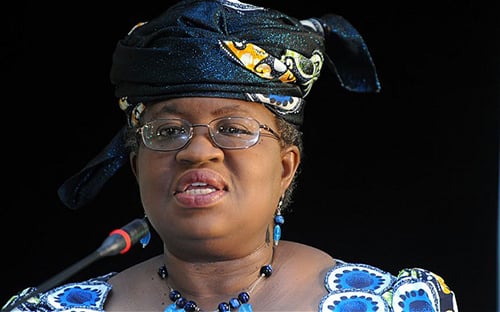
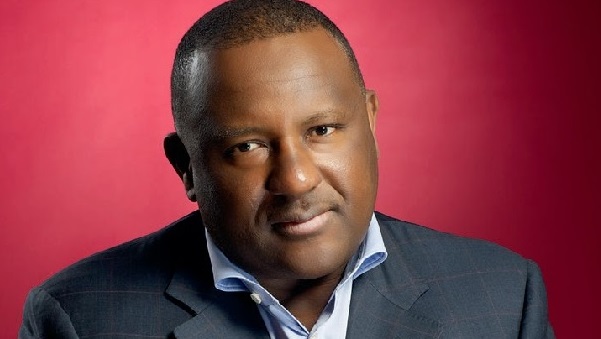

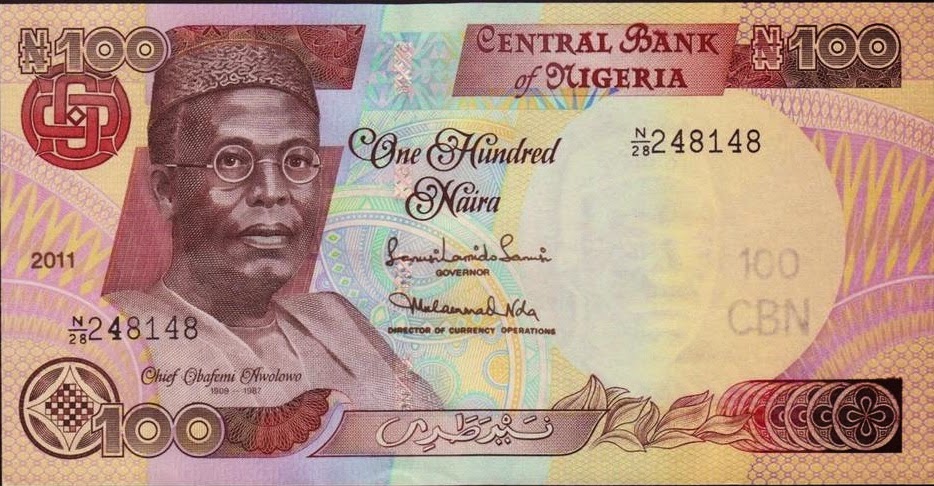
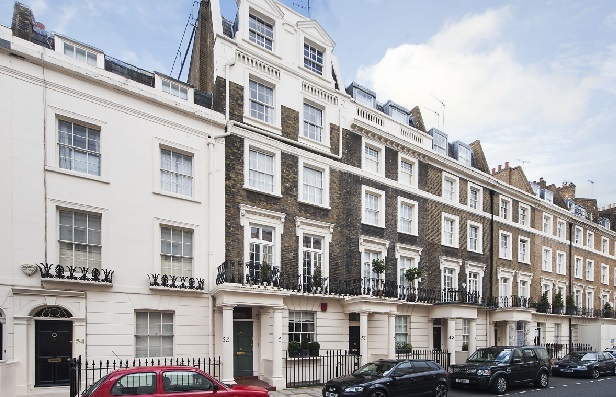
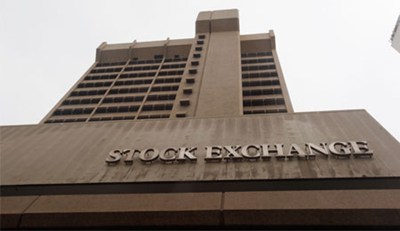

This matter is not as pedestrian as Madam minister seems to suggest here.
60% of the reason for this dissonance is caused by Government, if she can deal with those, things will be a lot better.
Investors, have not just come up with a 30% rate of return. It is based on the comparative risk of investing in Nigeria – which is also dictated largely by the ineptitude of Government – Poor faith in the judicial system, Inconsistent monetary policy, strangulating taxes and regulation, ridiculous port administration systems etc.